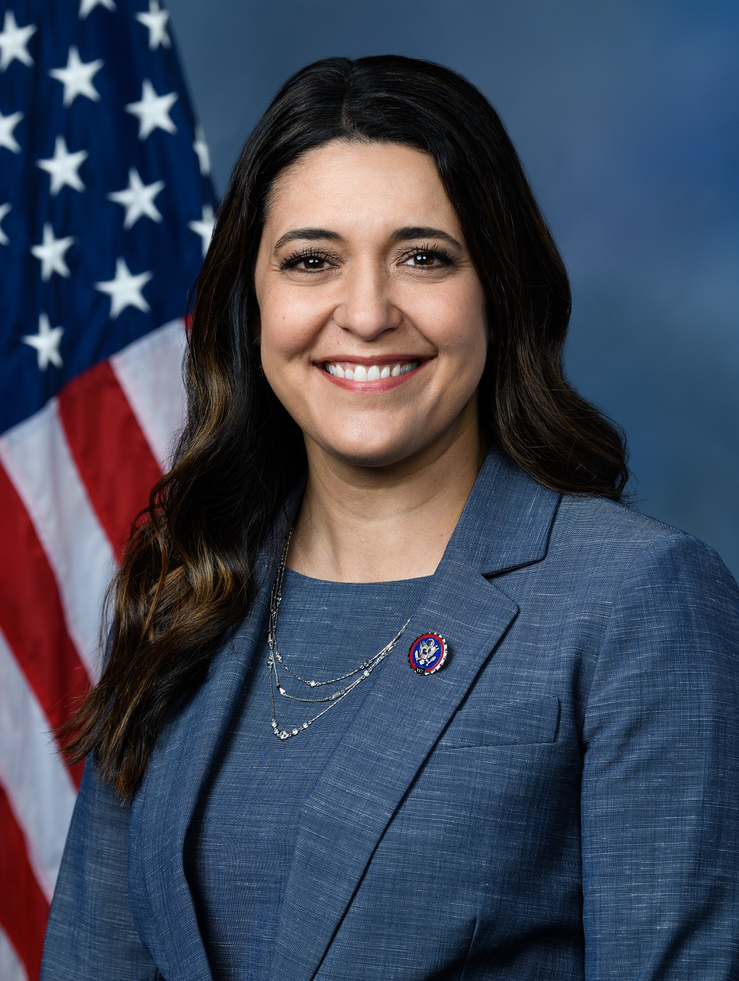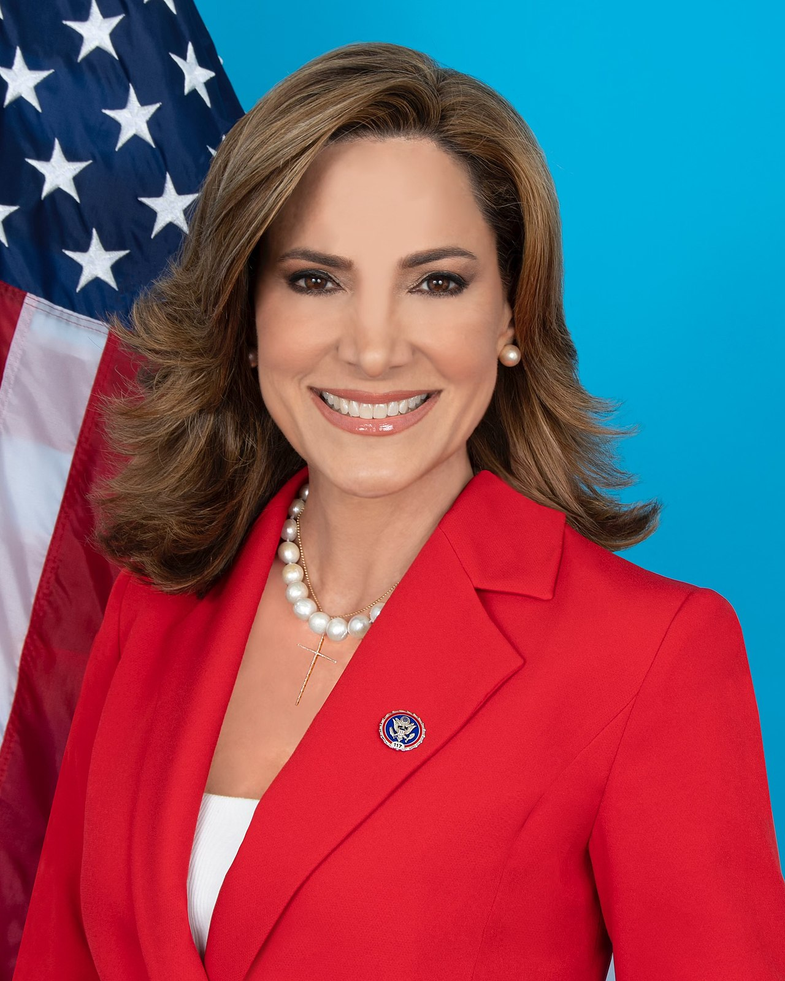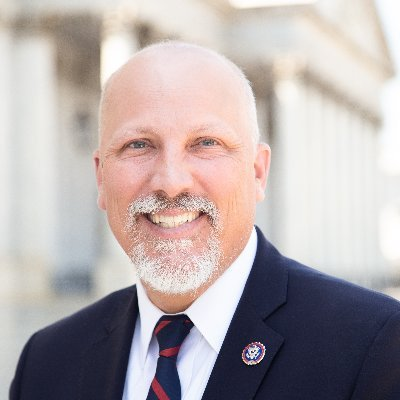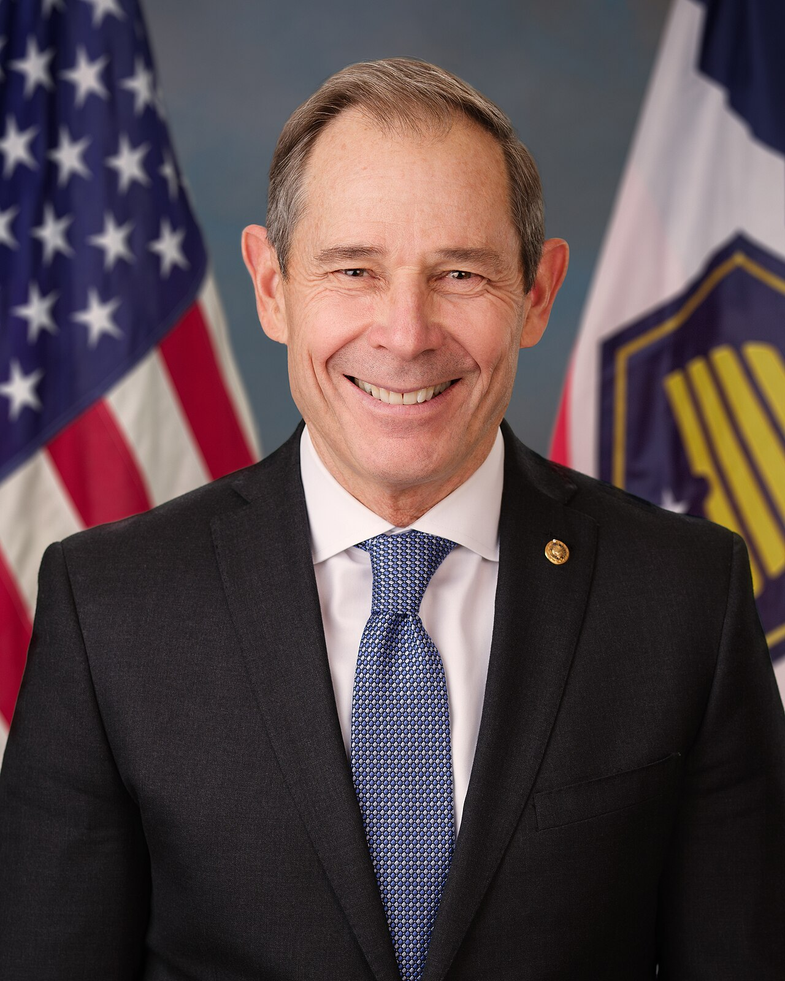H.R. 1555: Bureau of Land Management Mineral Spacing Act
This bill, known as the Bureau of Land Management Mineral Spacing Act, proposes several key changes to the Mineral Leasing Act aimed at simplifying the process for oil and gas drilling and exploration on certain lands. Below are the main provisions of the bill:
Streamlining Permitting Process
The bill allows operators to bypass the requirement for a federal drilling permit for oil and gas activities on non-Federal surface estate under specific conditions:
- The U.S. government must hold less than 50 percent ownership of the subsurface mineral rights beneath the land where drilling is planned.
- The operator is required to submit a state-issued permit to perform the drilling and exploration.
Federal Action Exemptions
Activities authorized under this bill would not be considered "major federal actions" under the National Environmental Policy Act, meaning they would not require extensive federal review. Key points include:
- No additional federal action will be necessary to commence drilling activities.
- Drilling can begin 30 days after the submission of the state permit to the Secretary of the Interior.
- These activities would be exempt from certain federal laws, including the National Historic Preservation Act and the Endangered Species Act.
Royalties and Production Accounting
The bill confirms that the changes will not affect the royalties due to the U.S. government from oil and gas production. Additionally:
- The Secretary of the Interior retains the authority to conduct audits and collect penalties related to oil and gas royalties.
- Onsite inspections can still be conducted to ensure proper monitoring of production and royalty payments.
Exclusion of Indian Lands
The provisions detailed in this bill do not apply to Indian lands. Indian lands are defined as:
- Land within the boundaries of an Indian reservation, pueblo, or rancheria.
- Any land held in trust by the U.S. for the benefit of an Indian tribe or individual, as well as lands subject to restrictions against alienation.
Overall Aim of the Bill
By reducing federal oversight on certain drilling activities and expediting the permitting process, the bill aims to encourage oil and gas exploration and production on private and non-federal lands where federal interest is minimal.
Relevant Companies
- XOM (ExxonMobil) - As a major player in the oil and gas industry, ExxonMobil may benefit from reduced regulatory barriers for drilling on non-federal lands.
- CVX (Chevron) - Similar to ExxonMobil, Chevron would likely see advantages if the bill simplifies the permitting process for their drilling operations.
- OXY (Occidental Petroleum) - Occidental may also be positively affected by this legislation, depending on their drilling locations and activities on non-federal estate.
This is an AI-generated summary of the bill text. There may be mistakes.
Sponsors
1 sponsor
Actions
2 actions
| Date | Action |
|---|---|
| Feb. 25, 2025 | Introduced in House |
| Feb. 25, 2025 | Referred to the House Committee on Natural Resources. |
Corporate Lobbying
0 companies lobbying
None found.
* Note that there can be significant delays in lobbying disclosures, and our data may be incomplete.





























